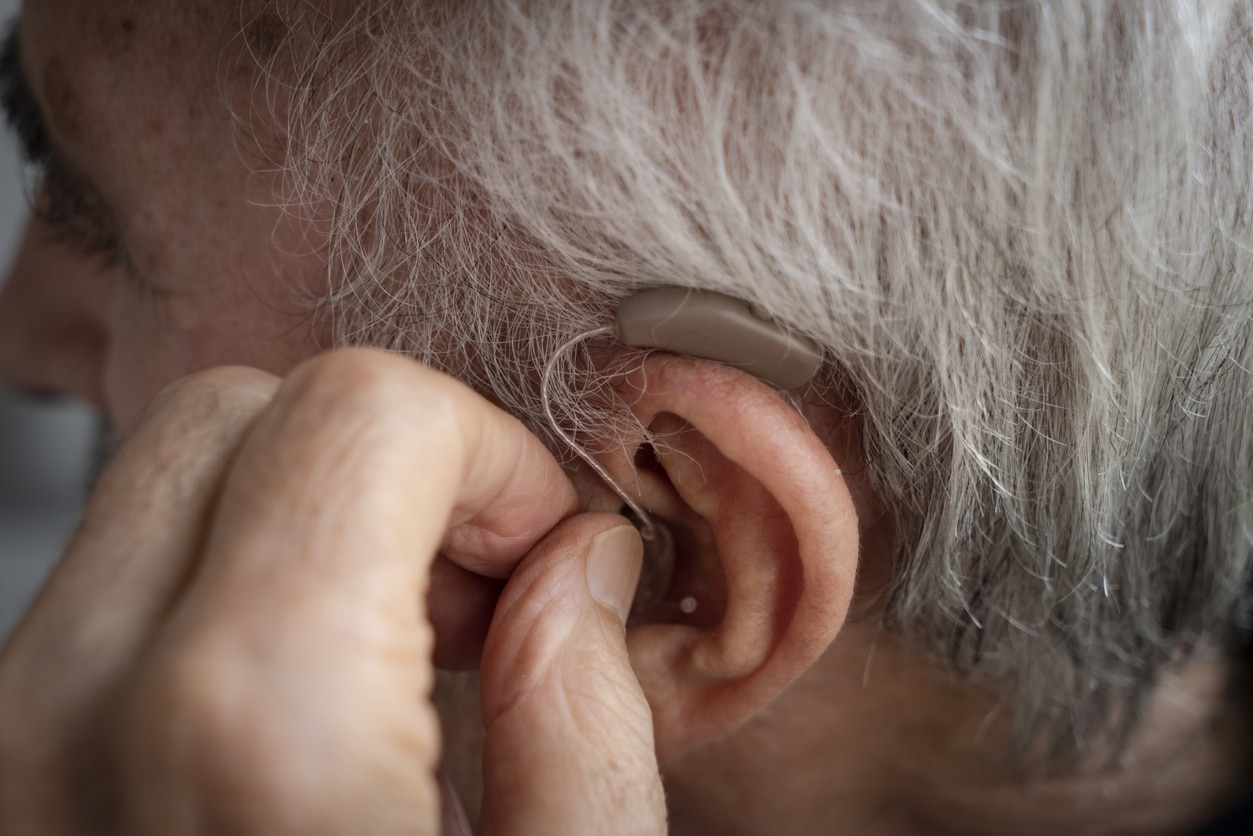Rapid hearing loss, or sudden sensorineural hearing loss, is the sudden onset of hearing loss, almost always in solely one ear. It could range from mild hearing loss to deafness and can occur suddenly or over a few days. If you experience symptoms of rapid hearing loss, you should see a doctor immediately, as there is potential to preserve remaining hearing.
Onset and Symptoms

Rapid hearing loss typically occurs because there is something wrong with the sensory organs of one ear. Sometimes, people neglect to seek treatment because they assume symptoms are due to congestion from allergy or illness. However, prompt treatment can potentially protect remaining hearing.
Symptoms to be aware of that may indicate the need to seek treatment for rapid hearing loss include:
- First noticing hearing loss during an activity like answering the phone or using headphones during a workout at Double Edged Fitness
- Hearing a loud popping sound before experiencing deafness
- Ringing in the ears along with imbalance, vertigo or dizziness
- Hearing loss that occurs overnight and is discovered upon waking.
Around half of individuals with rapid hearing loss recover some or all of their hearing in a week or two.
The symptoms could indicate a variety of causes. Many are spontaneous with no known cause. A range of conditions that could cause rapid hearing loss include:
- Disorders of the inner ear, such as Ménière’s disease
- Autoimmune diseases
- Ototoxic drugs
- Problems with blood circulation
- Barotrauma (pressure imbalance between the inner and outer ear)
- Neurologic diseases or disorders such as migraine or Multiple Sclerosis
- A tumor on the nerve connecting the ear to the brain
- Infectious diseases
- Ear or head trauma
This is not an exhaustive list of all conditions that could cause sudden sensorineural hearing loss. A hearing specialist will likely conduct a hearing test, physical examination and will take a medical history to diagnose the rapid hearing loss.
Treatment options will depend on the cause of the rapid hearing loss. If hearing cannot be restored, hearing aids are a great option for managing hearing loss and adjusting to the lifestyle changes hearing loss may bring along. It’s important to seek medical attention any time rapid hearing loss occurs.
It’s helpful to preserve hearing loss over time by protecting your hearing from continued exposure to loud noises and receiving regular hearing checks.
To learn more about your hearing health or to schedule a hearing test, contact LeMay Hearing & Balance to schedule an appointment today.